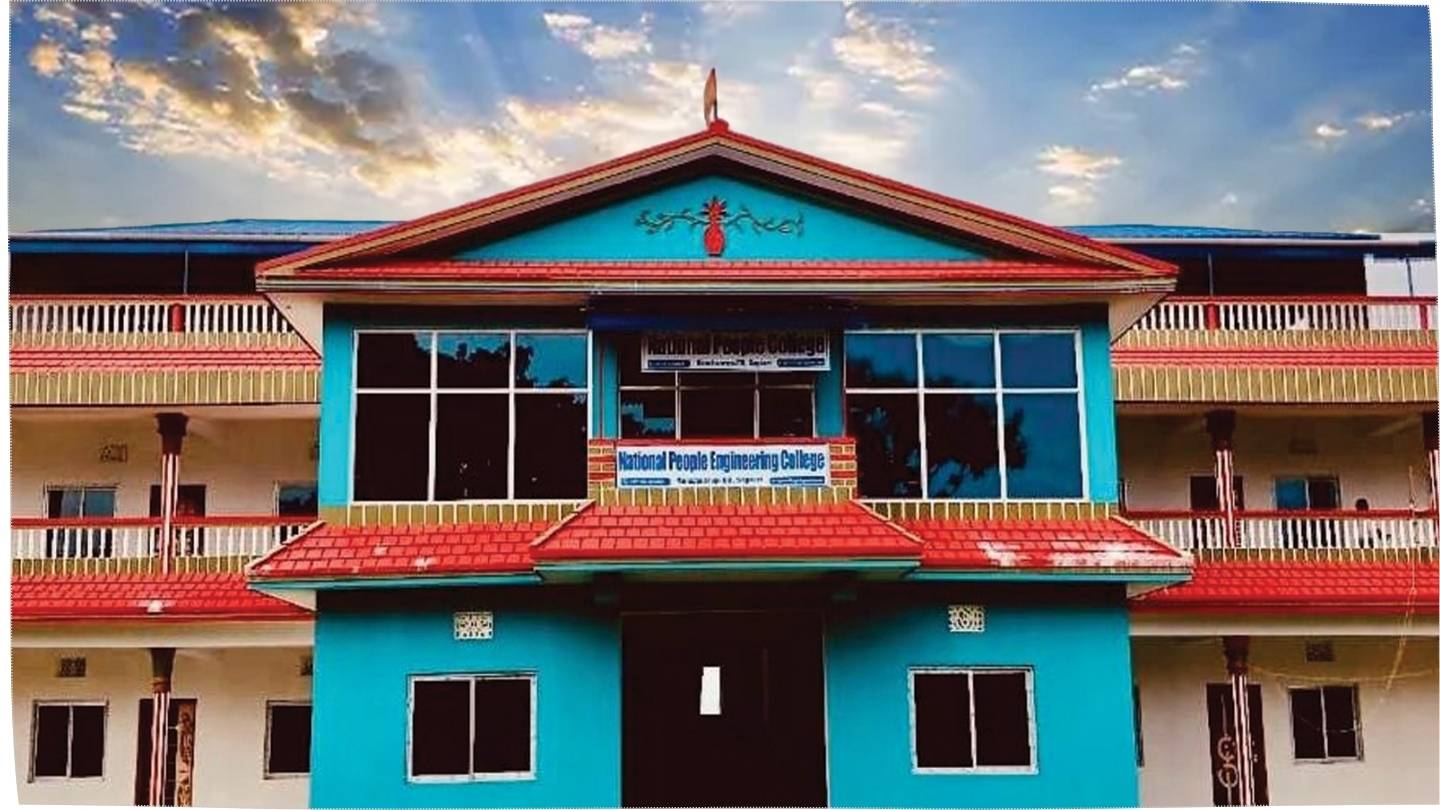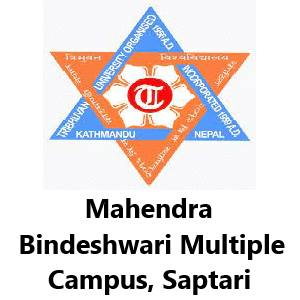Overview
BA in Rural Development at National People College, Saptari
The BA in Rural Development at National People College follows TU requirements and focuses on rural economy, institutions, and planning.
The course is grounded in Nepal’s local bodies, ward structures, and project procedures. Students learn to read program reports, understand budgets at a basic level, and study how communities organize resources for public goods such as water, sanitation, and local roads.

Eligibility and Duration
-
Entry: As per TU policy for 10+2/NEB or equivalent.
-
Duration: As set by TU.
Structure and Curriculum Snapshot
-
Core domains: Rural sociology, community organization, livelihoods, local governance, agricultural economics, and development communication.
-
Planning and M&E basics: Project cycle ideas, logical frameworks in simple form, output tracking, and reporting discipline.
-
Field components: Village profiles, PRA-style tools in guided sessions, and short exposure visits to local offices or community groups.
Teaching and Assessment at NPC
NPC schedules orientation on field conduct, data collection, and record keeping. Students complete small group assignments where they map local assets (schools, health posts, markets, roads) and prepare short notes on service gaps.
Internal assessment includes participation, assignments, and presentations, while final evaluation follows TU examinations.
Faculty emphasize clarity in charts, accurate citation of sources, and realistic recommendations that reflect local capacity.
Careers and Further Study
Graduates support projects in municipalities, rural municipalities, and district offices; they also work with NGOs on agriculture, livelihoods, and social protection.
The degree is a springboard for MA in Rural Development and related fields such as public administration and social policy.
Learners build habits needed for field-based roles: punctual travel, respectful interviewing, and careful handling of community records.
Admission Notes
Admission follows TU rules and college notices on deadlines, orientation, and field logistics. Students should plan for occasional travel within assigned study areas and maintain a record of permissions and letters issued for each visit.


















